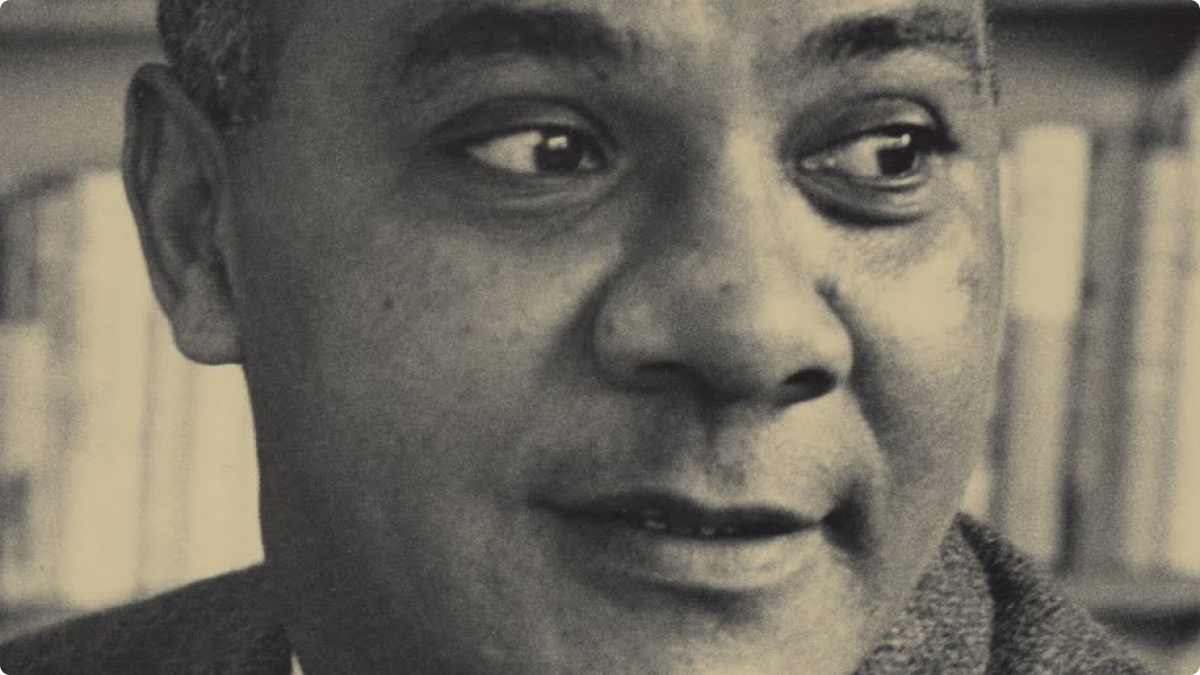
John Oliver Killens was born in Macon, Georgia, on January 14, 1916 to Charles Myles Killens and Willie Lee Coleman Killens. His father’s people were a Christian family of educators as well as storytellers, and his mother’s family was involved with Steward Chapel, one of Macon’s most important African-American churches where John Oliver Killens spent Sunday mornings with his family. Killens’ earliest influences include Paul Laurence Dunbar, Langston Hughes, and his great-grandmother Georgia Killens. Charles turned his son onto the works of Hughes, who would become Killens’ first real literary hero. Georgia Killens claimed John Oliver Killens as her favorite and filled his youthful imagination with tales of antebellum and Reconstruction life.
Founded Harlem Writers Guild
During World War II, Killens enlisted in the U.S. Army and served with its Pacific Amphibian Forces from 1942 to 1945. After the war's end, he settled in New York City and focused on forging a literary career. He co-founded a writer's group that became the Harlem Writers Guild, and at one of its first meetings he read aloud from what would become his debut novel, Youngblood. Published by Dial in 1954, it was the first novel associated with the Harlem Writers Group to appear in print.
Youngblood recounted the saga of a fictional black Georgia family of the same name that was loosely based on Killens' own family. The setting is the deeply segregated world represented by their hometown of Crossroads, Georgia, from the early 1900s to the 1930s. The father, Joe, becomes active in the labor-union movement, a dangerous activity for a black man in the South in the era before there were laws that protected all workers' rights to organize. Reviews of the book were mixed. A critic for the New York Times, Granville Hicks, called it "rather crudely written, in a vernacular style that is often tiring," though he did concede that such prose "has the power of the author's passion." Yet the reviewer also commended Killens' work for its place in contemporary American fiction because of its scathing expose of racism in the American South. "The novel of social protest, which survives precariously today, justifies itself when it is as moving as 'Youngblood' and deals with so gross an evil," Hicks asserted.
John Oliver Killens BiographyMercer Libraries- John Oliver Killens- Youngblood
